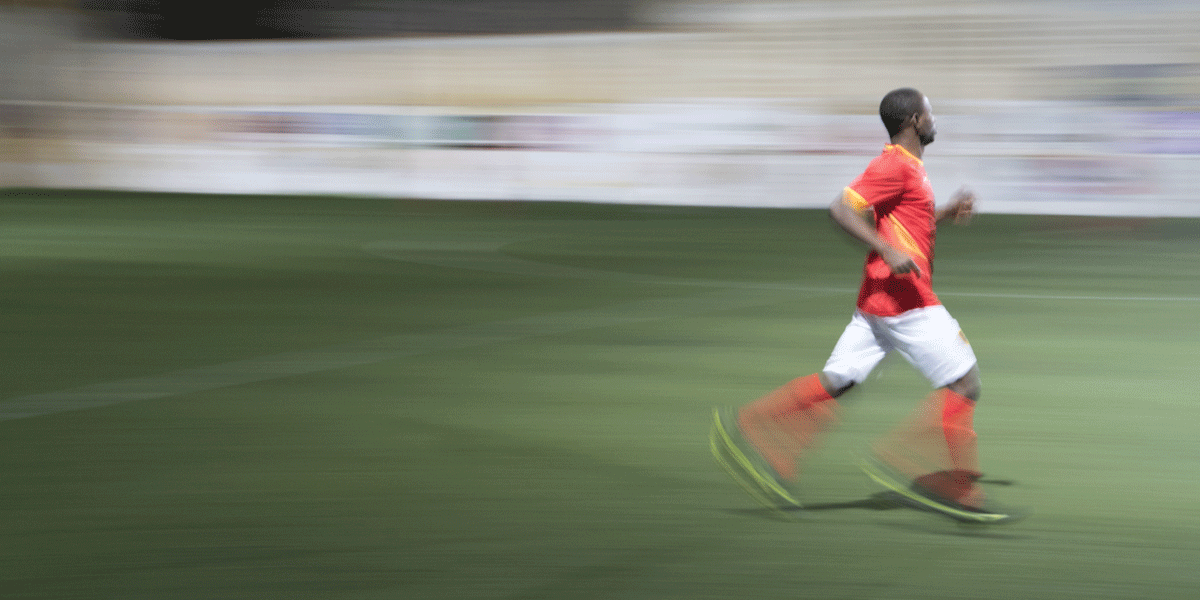


The El Hiblu Teenagers Who Would be Heroes
Judith Sunderland
Associate Europe and Central Asia Director, Human Rights Watch
Amara is shy. When I met him, Kader and Abdalla for the first time on a video call, Amara seemed reluctant, even slightly bothered, to be there. So I was surprised when he was the first one to answer my message afterwards to set up a time to talk separately. When we spoke the next day, Amara was serious and conscientious as he answered my questions. I got the sense he does everything with care.
I shouldn’t have been surprised. Amara is the youngest of the three – he is only 18 – but he can seem old beyond his years. After all, he set out on his own from Guinea Conakry when he was just 14. He was only 15 when he stepped in to translate in a tense, terrifying situation at sea. He has spent almost eight months of his short life in prison. Still a child in the eyes of the law at the time of the incident, far from his friends and family and everything he’d ever known, Amara is facing terrorism and hijacking charges together with Abdalla and Kader.
Though, really, Amara’s just a kid. He loves guitar music, playing football, listening to Ed Sheeran. He misses his mother.
They are all so young. Kader, now 19, was only 16 when he got on that rubber dinghy, fated to sink in the cold Mediterranean waters. Abdalla, the oldest, was only 19 when he and his even younger wife had the courage to risk their lives to get out of Libya and seek opportunity and a future in Europe.
These young men are not far in age from my three sons, so it is difficult for me to not feel motherly towards them or to shake my head in bemusement when I imagine my children facing the challenges Abdalla, Amara and Kader have endured.
Each has his own story, of course, but they share these fundamentals. As teenagers they left their countries, experienced all manner of hardship on their journeys, and almost drowned at sea. After being rescued, all three played a role in calming others who were panicking and explaining to the captain of the ship that rescued them that they couldn’t go back to Libya, where they feared being locked up, tortured and abused.
They are so young. And yet to the other people on that fated boat they are heroes. One of the men on the boat, who had never met them before, said in a documentary1 about the case released by the Free El Hiblu 3 campaign, “These are the people who calmed us down, because they understood the situation, they understood English… It is thanks to them that we have escaped death. It is thanks to them that we have escaped all that torture by the Libyans.”
By all accounts, Amara was a key interpreter that day. Back home, his mother had worked hard to send him to an English school. He told me he hadn’t wanted to go at the time, but that now he saw the benefits. He’s proud of the role he played in preventing over 100 people from being returned to Libya. “I saved them with the little English that I could speak. With my English. Not with my force, not with my strength, but I saved them with the little words from my mouth.”
Amara’s dream is to become a translator. Which is remarkable if you consider that his act of courageous translation on that ship in the middle of the Mediterranean Sea cost him months behind bars and outrageous criminal charges.
For now, he, Abdalla and Kader live in an anxious limbo. All three abide by strict bail conditions requiring them to register once a day at a police station, be at home by 10pm and stay far from sea. All three work. Abdalla and Amara play football on the weekends. Kader cannot play anymore since he fell from the third floor at a construction site in Valletta in June 2020, crushing his dreams to follow in the footsteps of Manchester United’s star, Marcus Rashford – not just to become a football player but to remain humble and fight for the most vulnerable in society.
Abdalla told me he is grateful to be with his wife and young daughter and can enjoy “drinking coffee, seeing people, laughing,” if he avoids focusing too much on his predicament. He doesn’t speak with his family about the case, to protect them from the pain it causes him. If he is given the chance, he wants to continue his studies in sociology and to become a social worker. Kader said he tries to “take all this trouble patiently and live my life the normal way” while hoping to get accepted for an IT introduction course soon.
Amara doesn’t like to talk about why he left Guinea, but he told me that he didn’t tell his mother before he took off – she wouldn’t have let him go. He calls, they talk regularly. She worries about him and prays every day, he says, though he’s tried to hide from her the gravity of his situation. She must long for the day when she hears news that he is finally, truly safe.
I like to imagine Amara listening to that Ed Sheeran song Castle on the Hill about carefree youth – something he, Abdalla and Kader haven’t had. It’s time for them to be free to live their lives, pursue their goals, and find joy where they can, unburdened by unjust charges.